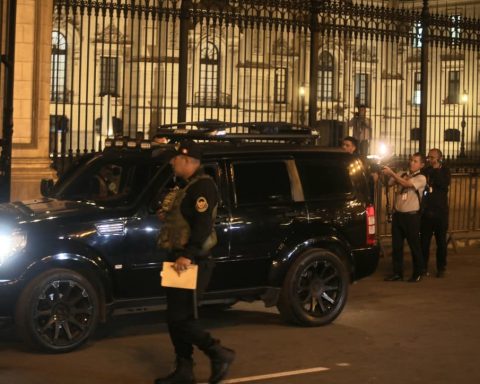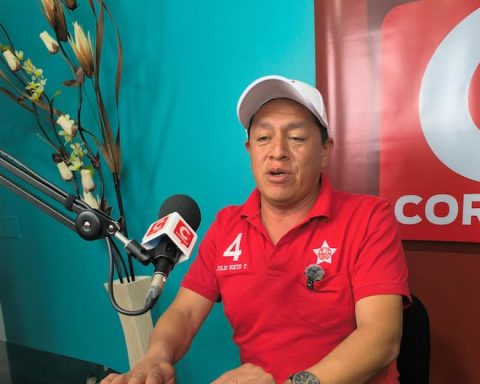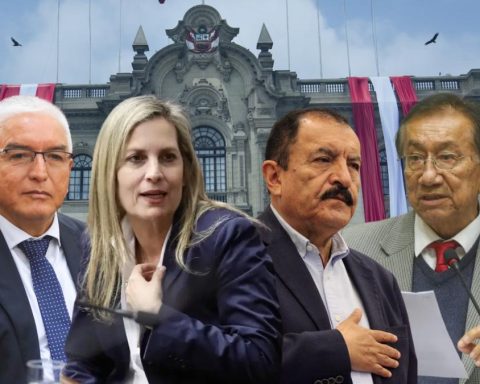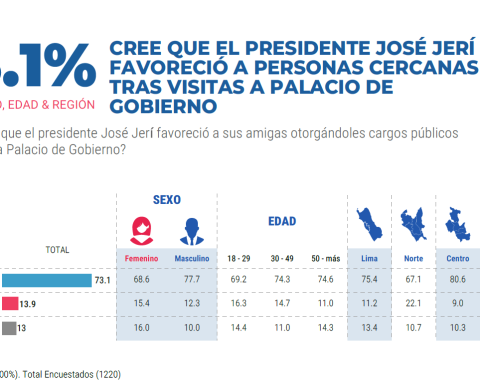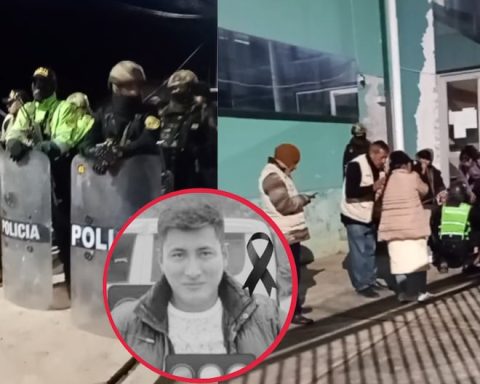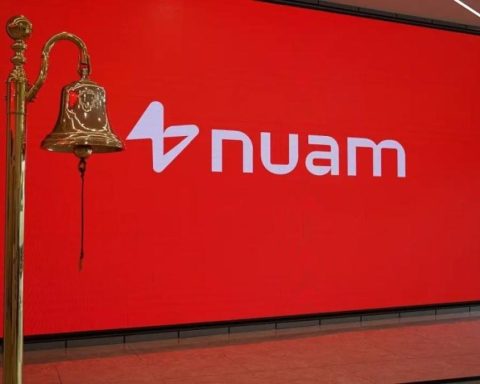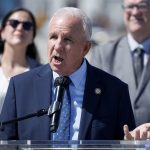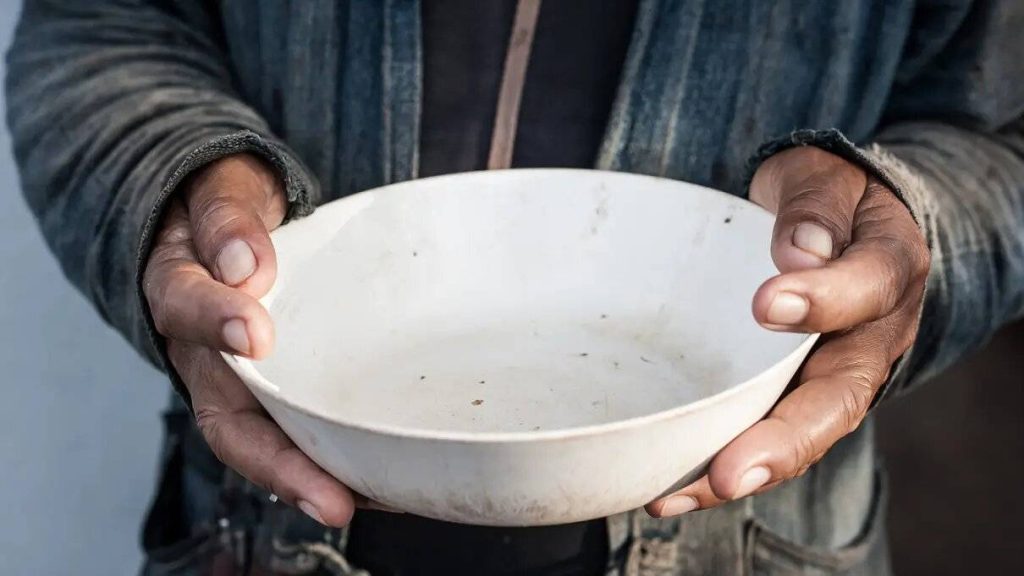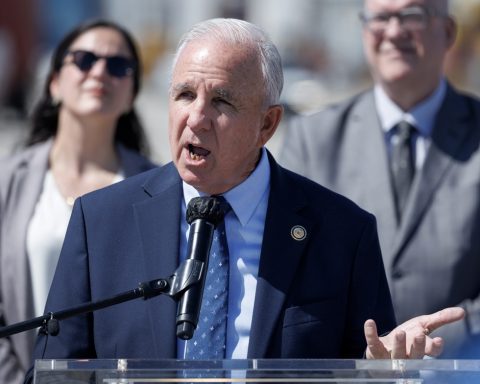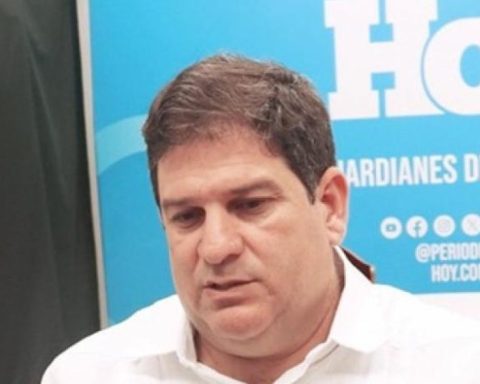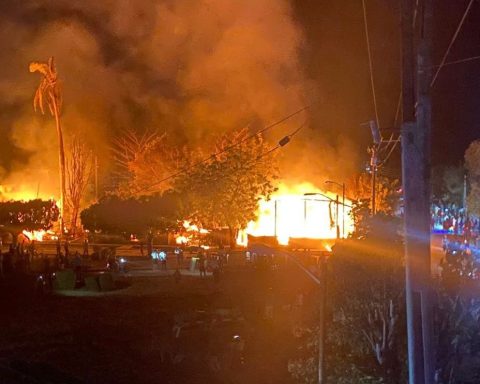Next Wednesday, October 2, the date of the next session, the vice president of the Oversight Committee, Héctor Valer, will propose to the head of that group, Juan Burgos, that the PNP non-commissioned officer, Félix Montalvo, driver of the presidential vehicle —known as ‘Dinamóvil’ or ‘cofre’— be brought “by force or by choice” to testify.
This is because the Minister of the Interior, Juan José Santiváñez, has denied him permission to give his testimony regarding the escape of the leader of Peru Libre, Vladimir Cerrón.
WATCH: ‘Dinamóvil’ driver will have to tell the truth
In the face of Santiváñez’s refusal to give Montalvo permission, Valer told Peru21 that what the commission should do is “apply article 87 of the Congress regulations, which has the force of law, given that there is rebellion by citizens to the call.”
“This will be suggested to the president of the commission, so that he applies article 87 of the regulations, because there is a rebellion on the part of the minister regarding the driver. Therefore, we will have to request the corresponding compulsion so that it goes to the Oversight Commission,” he said.
Asked if the Oversight Committee requires the powers of an investigative committee granted by the Plenary to summon the driver of the ‘Dinamóvil’, Valer said that “it is not necessary” because Article 87 gives that power to any ordinary committee.
“The investigative commission also has these powers (to summon a minister or public official), but in addition to this it has the power to lift confidentiality of communications, banking and other matters,” he explained.
SUMMONED TO TESTIFY
According to the vice president of the commission, Burgos can request the judiciary to require “by force or degree” that the presidential driver be brought to testify in a subsequent session.
Peru21 The minister announced last Monday that the driver of the presidential vehicle had been summoned to give his testimony on Wednesday, October 2, regarding Cerrón’s escape. However, despite the fact that the Police Commander, Víctor Zanabria, was in favor of his going to Parliament, the Minister of the Interior, Juan José Santiváñez, assured this Tuesday that he would not give him the green light.
When Montalvo goes to testify, he will have to confirm whether between February 24 and 27 he transported Vladimir Cerrón to the Pisco airport in Ica so that he could escape on a small plane to Bolivia, Venezuela or Cuba.
On the other hand, the president of the Oversight Committee, Juan Burgos, pointed out to this newspaper that what the Minister of the Interior is doing, by not giving permission for Montalvo to attend his group to testify about Cerrón’s escape, “obstructs” the investigations (see tomorrow’s printed edition).
ARTICLE 87 OF THE REGULATIONS
What does Article 87 of the Congress Regulations say? It literally states that public officials are obliged to appear before Parliament to testify if called to do so by a legislator.
“Article 87. Any Congressman may request from the Ministers, the National Elections Jury, the Comptroller General, the Central Reserve Bank, the Superintendency of Banking and Insurance, regional and local governments and all other public sector bodies, the reports he deems necessary for the exercise of his function. This power does not authorize requesting information on judicial proceedings in progress, unless it is public or the judge or prosecutor or the Chamber hearing the matter agrees to provide the information, under his responsibility and provided that the organic laws of the Judiciary and the Public Prosecutor’s Office and the procedural rules in force permit it…
…The request is made in writing, with reasons and details. The Congressman must send a copy of the letter containing the request to the Board of Directors. If within fifteen days the Minister does not respond, the Board of Directors proceeds to reiterate the request. Seven days after the reiteration, the Minister or the requested official is obliged to respond personally, as appropriate and determined by the Board of Directors, before the Plenary or before the ordinary commission, linked to the matter that is the subject of the request. The list of the Ministries or entities of the administration that have failed to respond is published monthly.”
